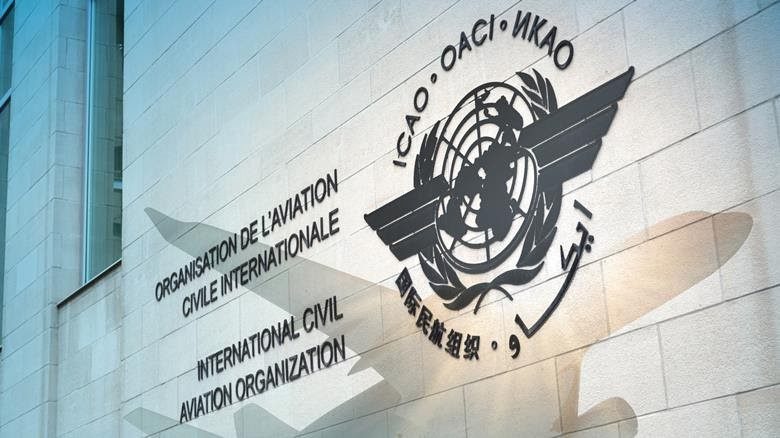By Menatalla Ibrahim
Qatar follows 22 other countries in joining the Montreal Protocol of 2014.
In an effort to put in place a strong international legal framework to deal with unruly airline passengers, Qatar has joined 22 countries in ratifying the Montreal Protocol of 2014 (MP14). It has now become the sixth country in the MENA region to give formal approval to the treaty.
The MP14 gives the country or state of scheduled landing jurisdiction to deal with unruly airline passengers. It also covers third-party countries in case a flight is rerouted.
Before the treaty, passengers who committed an offence onboard wouldn’t automatically be prosecuted, as, under international law, only the authorities in the aircraft’s ‘home country’ would have jurisdiction. With MP14, unruly passengers on board international flights can be delivered straight to the local authorities upon landing.
MP14 needed 22 states to endorse the procedure, which happened on January 1st, 2020. Qatar joined in July as number 23.
The International Air Transport Association (IATA) explains that ‘unruly and disruptive passenger incidents on board flights include physical assault, harassment, smoking or failing to follow crew instructions. These incidents may compromise flight safety, cause significant delays and operational disruption and adversely impact the travel experience and work environment for passengers and crew.’
Commitment to aviation safety
According to Qatar Sky, a biannual magazine issued by Qatar Civil Aviation Authority, the agreement was signed and ratified due to the increasing threat of accidents related to passenger behaviour. Between 2007 and 2017 there were over 66,000 incidents, IATA statistics show. And in March this year, a Qatar Airways flight was travelling from Australia to Qatar when the pilots declared an emergency and landed in Malaysia due to unruly passenger behaviour.
“By ratifying the protocol, Qatar has proved its commitment towards aviation safety despite the turbulent time that the world and the industry are going through due to Covid-19,” IATA said in a statement on Tuesday.
Enhanced crew training and raising awareness of the consequences of unruly behaviors are also part of a further range of measurements by IATA and airlines. This is to help prevent any unwanted incidents and share proper guidelines for when they do happen.
As countries ease flight restrictions amid the COVID-19 pandemic, it’s thought that the protocol will also help airline staff enforce safety rules like social distancing and wearing face masks.







